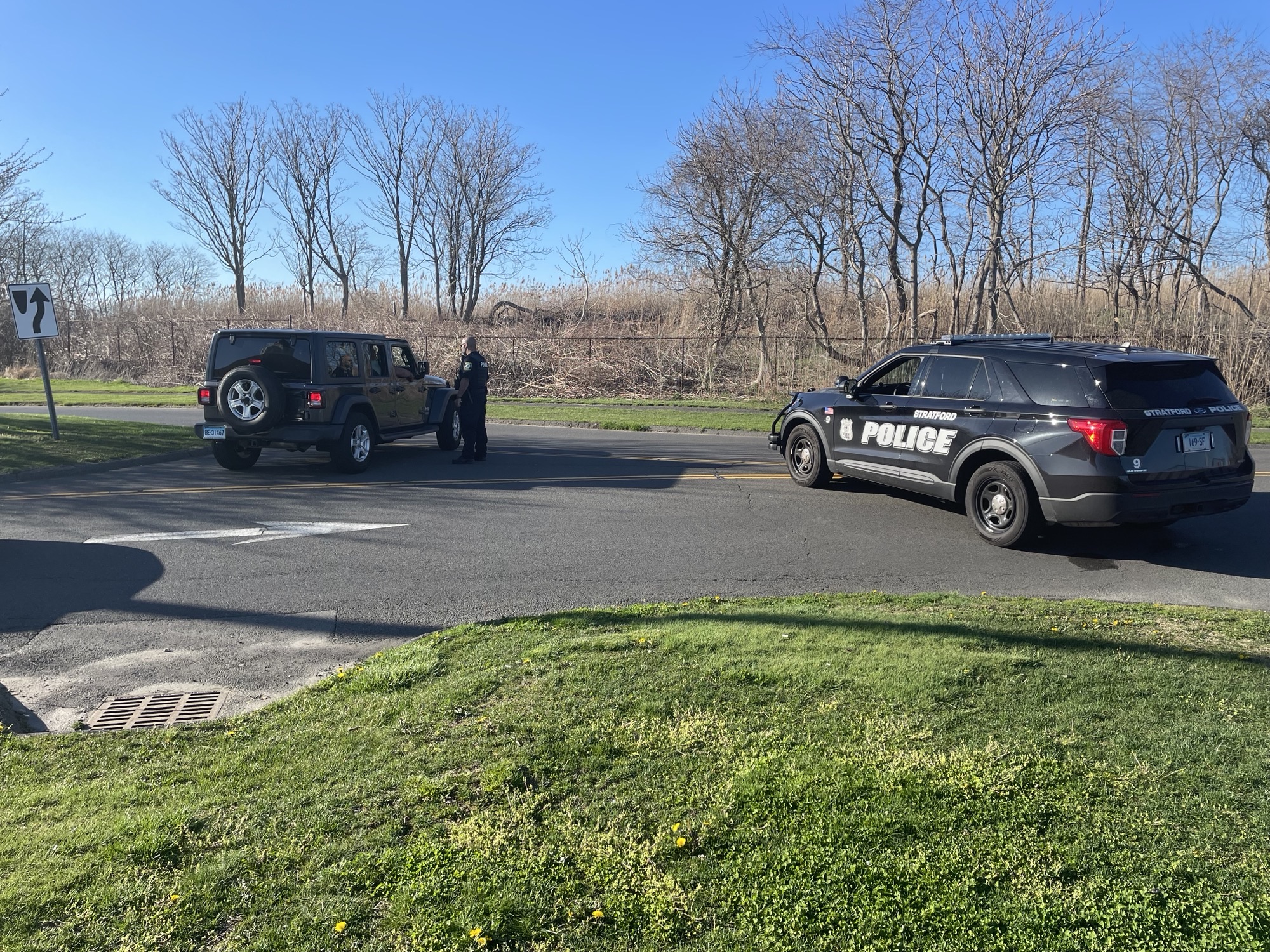Over the past year of the pandemic, calls to the domestic violence hotline have doubled. Advocates and lawmakers are pushing for more resources, and say no one should hesitate to reach out for help.
“The most important message that we have is you are not alone,” Sgt. Dawn Pagan says.
Pagan of the Connecticut state police encouraged victims to find the courage to make the call for help.
“We are here for you. Please make that call or make that text,“ she says.
Get Connecticut local news, weather forecasts and entertainment stories to your inbox. Sign up for NBC Connecticut newsletters.
“We have to do so much more to erase the stigma of domestic violence,’ Lt. Gov. Susan Bysiewicz says.
Bysiewicz says there are 40,000 victims of domestic violence who reach out for help each year and those numbers are increasing.
[[megan scanlon president and ceo of ccadv 58:03 ]] “There is a statewide network ready and willing to support you. 24/7, 365 days a year,” Megan Scanlon, president and CEO of the Connecticut Coalition Against Domestic Violence, says.
Local
The statewide hotline is called CT Safe Connect and is available for calls or texts. The number is 888-774-2900. There’s also an email: safeconnect@ctcadv.Org
“We have new laws on the books that allow you to get a restraining order if someone is threatening to hurt you, not just if you’ve experienced violence but if you are experiencing someone who is trying to control your every move, you can seek protection from a restraining order,” Sen. Mae Flexer, D-Windham, says.
“When most people think about domestic violence they think about the physical abuse but we’re talking about emotional, we’re talking about physical and most recently they added spiritual,” Rep. Robyn Porter says.
Porter is a survivor of domestic violence.
“We do need more resources. There’s been an uptick in the calls. There’s been an uptick and a great rise in the cases, but there’s been a decrease in the resources,” Porter says.
Resources that do exist are taxed.
“Many of these shelters are operating at 120, 140 percent capacity over the last two years of the pandemic. They need more resources to truly serve the need that’s out there,” Flexer says.
Flexer says judges also need more training to understand domestic violence.
“So they better understand the perspective of that survivor, that victim who's coming forward for the first time standing in their courtroom asking for the protection of a restraining order and too often they’re told no,” Flexer says.
She says judges need to understand: “how hard it was for you to get to the courtroom in the first place and they will issue that restraining order so that you can take that first step to keeping yourself, your children and your whole family safe.”



